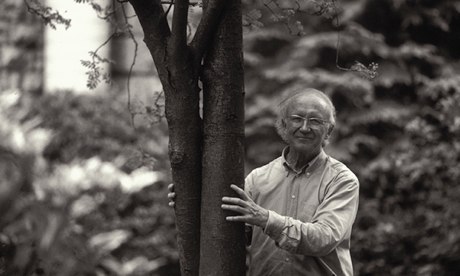
Heinz Holliger begins his survey of Schumann's orchestral music at the beginning. The Symphony in D minor was composed in 1841, straight after the First Symphony, and 10 years later, after revision, became Schumann's Fourth, while the Overture, Scherzo and Finale from the same year has been neglected, partly perhaps because it is not quite a symphony while being more than a straightforward overture. As this affectionate, lithe account shows, it can be a charming work, with more affinities with Schumann's great piano cycles than many of the other orchestral scores. These are all traditional performances, but the touch is always light, and Holliger's ear for texture acute. Schumann's freewheeling genius may not always have been attuned to symphonic thinking, but what he brought to the form was always fresh and distinctive.

